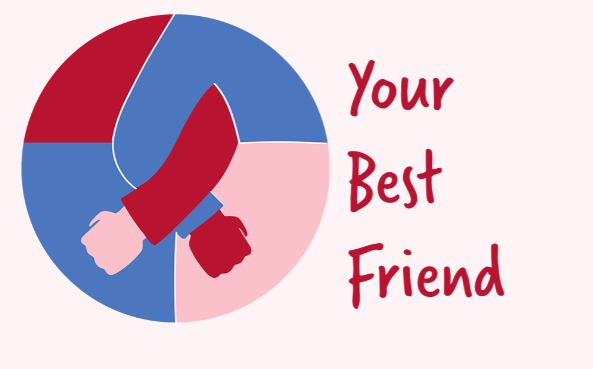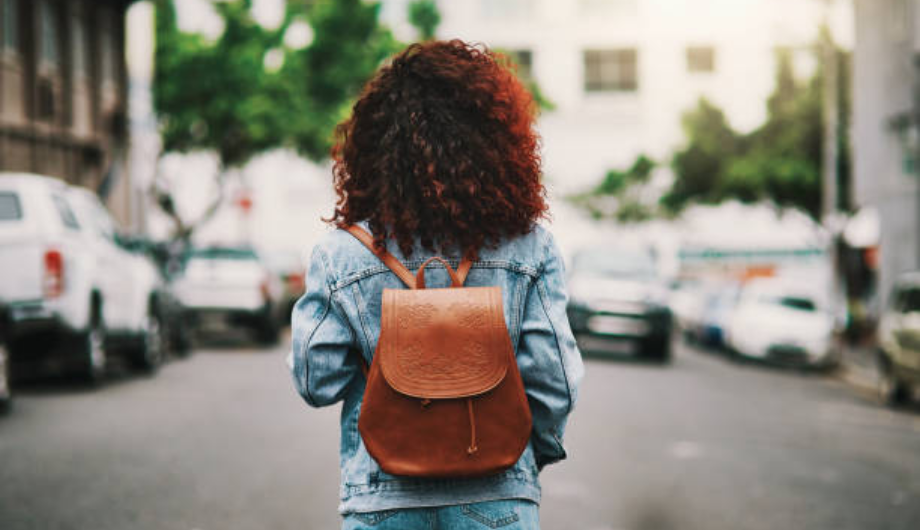
Notes to Editors
The data in this report suggests that young people’s lack of knowledge around what a healthy relationship looks like, was often a barrier to them experiencing healthy relationships, both as a victim and as someone causing harm.
SafeLives’ recent research into the quality and delivery of the Relationships and Sex Education (RSE) curriculum in secondary schools builds on and reinforces these calls for better education for young people on healthy relationships. Only half (52%) of young people surveyed in this research believed RSE classes gave them a good understanding of toxic and healthy relationships.
It is important to reflect on the gender split of the young people who took part in the ‘Verge of Harming’ study. Of the 40 young people recruited for the interviews, only four identified as male, and only one went on to take part in the study further. Of the 749 young people who took part in the survey, 25% identified as male, compared to 64% female.
In 2019, SafeLives was able to gather the voices and perspectives of more than 1,000 men and boys aged 11 and over, asking them about abuse, masculinity and what a ‘healthy’ relationship looks like. 28% of respondents said they had demonstrated behaviour within a relationship that they regretted, with 64% of these relationships occurring between the ages of 16 and 29.
Data collected in ‘Verge of Harming’ indicated that a gender hierarchy, built on acceptance and expectation of male violence and female responsibilisation, continues to shape young people’s relationships. For the girls and young women interviewed, this gender hierarchy framed relationships with males as a necessity. Unhealthy and abusive relationships were maintained, in part, because being single was seen as a worse fate than victimisation.
A key recommendation in this study is healthy relationships education and prevention work that equips young people to respond well and safely when their friends share concerns about their own behaviour.
Your Best Friend is a project working with 13-24 year old girls, young women and non-binary people, and experts, to empower young people with the knowledge and confidence to spot abuse in relationships and support their friends. Hundreds of girls, young women, and non-binary people spoke to the project about friendships and relationships, through a series of focus groups and national surveys. 71% felt worried about behaviours they had noticed in a friend’s relationship.


